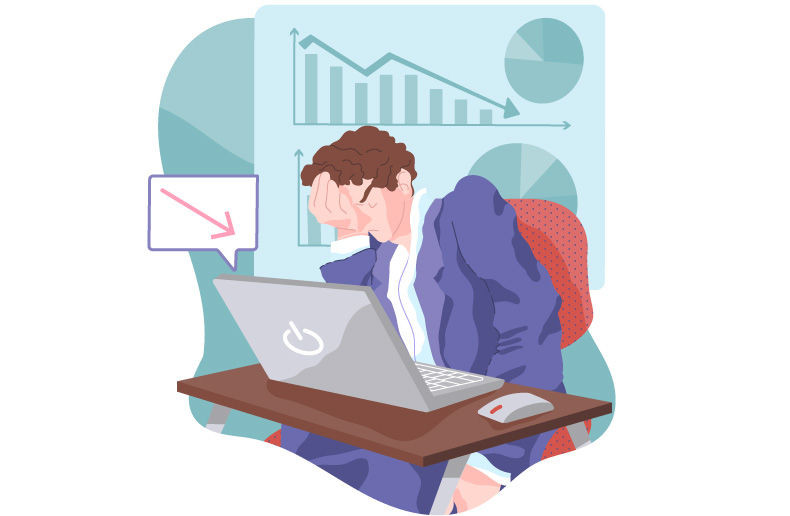About 38 per cent of small businesses say their companies are in good shape, but another 17 per cent still see their situation as bad, according to the latest Canadian Federation of Independent Business (CFIB) Business Barometer.
"Although it is encouraging to see some things going back to normal, such as how entrepreneurs perceive the overall state of their business, we have to recall that recovery, especially on the financial side, remains elusive for too many," said Simon Gaudreault, Chief Economist and Vice-President of Research at CFIB. "Our Small Business Recovery Dashboard shows 52 per cent still have below normal sales and 58 per cent carry outstanding pandemic debt, for an average of more than $114,000."
Mixed picture for small businesses
Other Business Barometer indicators also reflect the current mixed picture. Capacity utilization hovered around almost 80 per cent – a good level – in 2022, and supply chain indicators showed continuous improvement throughout the year. Shortages of skilled or semi-/unskilled labour eased up recently, but they remain a big headache, currently affecting 49 per cent and 36 per cent of businesses, respectively. And various costs continue to cause difficulties for historically high shares of small businesses, including fuel and energy, insurance, wages, product inputs, borrowing and capital equipment and technology.
Meanwhile, the 12-month index, the main small business confidence indicator of the Business Barometer, registered 50.9 index points this month, a modest 0.9 increase over last month.
"The readings [for December] remain very low by historical standards. Businesses have been through the wringer, so it's not surprising they're entering the new year with caution and anxiety," Gaudreault added. "However, on the macro level, there may be some cause for optimism as we see some of the inflationary pressures continue their downward trend or at least somewhat settle in the last few months."




